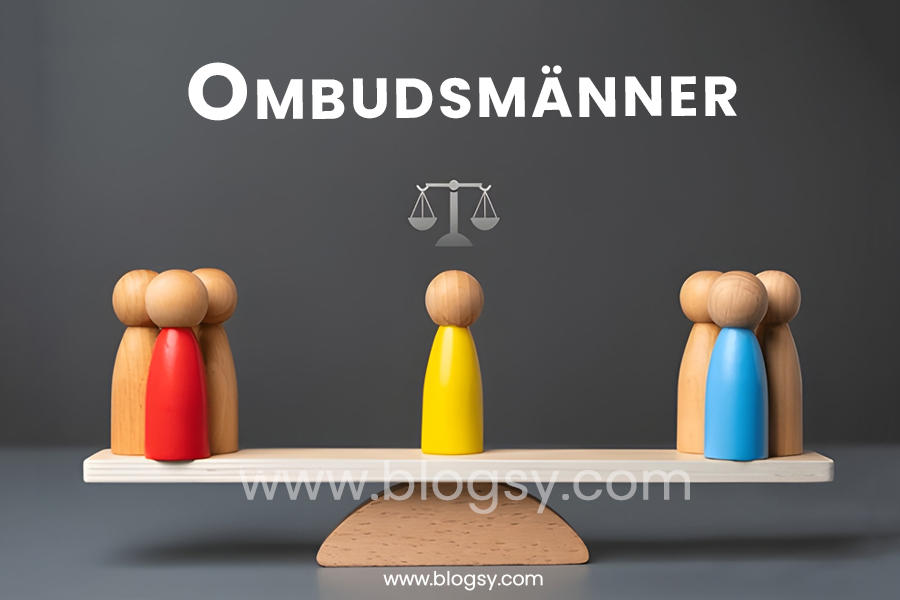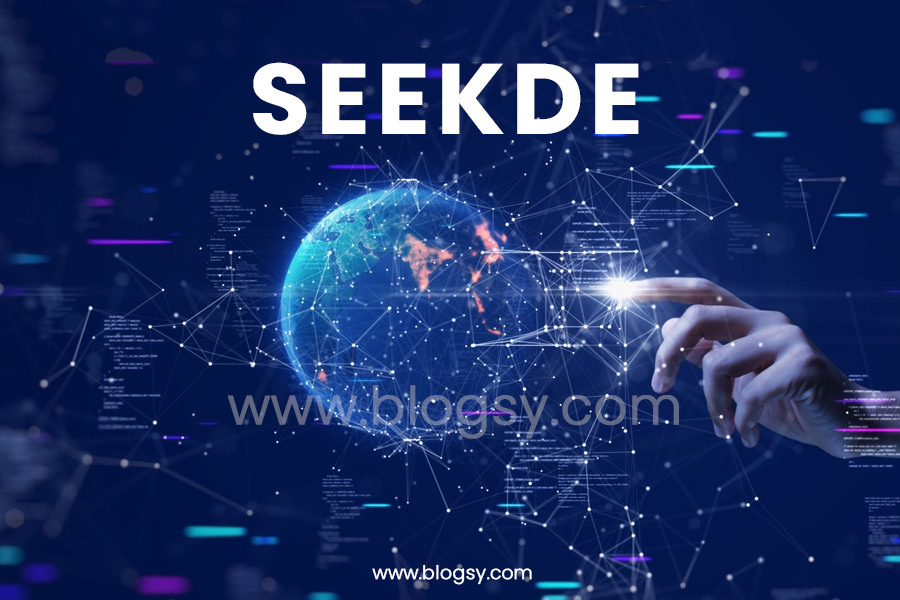
In an era where trust in authority is constantly tested, ombudsmänner provide an essential service: they listen to citizens, investigate complaints, and recommend solutions that strengthen integrity and fairness. This article explores their history, responsibilities, types, global reach, modern impact, and future relevance in an increasingly digital world.
Understanding Ombudsmänner
The word “ombudsman” originates from Sweden, where the office was first established in the early 19th century to oversee government administration and protect citizens from misuse of power. Over time, the plural form—ombudsmänner—came to represent multiple such officers serving in various capacities.
At its core, the concept reflects the idea of a neutral third party who ensures that institutions remain accountable to the people they serve. Today, ombudsmänner can be found in government, corporate, educational, and nonprofit sectors across the globe.
Their key functions include:
-
Providing a channel for citizens to voice concerns.
-
Offering impartial investigation of disputes.
-
Acting as a bridge between authority and individuals.
-
Suggesting reforms to prevent recurring issues.
The Core Responsibilities of Ombudsmänner
Handling Complaints Fairly
One of the primary roles of ombudsmänner is to receive and address complaints. These may involve public services, corporate policies, academic disputes, or workplace conflicts. Unlike courts, the process is less formal, quicker, and more accessible.
Investigating Misconduct
Ombudsmänner have the authority to investigate complaints thoroughly. They gather evidence, interview parties, and review documentation before reaching conclusions. Their impartial stance makes them trusted figures in conflict resolution.
Mediating Disputes
In many cases, ombudsmänner act as mediators. Instead of escalating conflicts, they help parties find common ground and reach mutually beneficial solutions. This approach reduces legal burdens and promotes harmony.
Reporting Systemic Issues
Beyond resolving individual complaints, ombudsmänner identify systemic problems. Their reports often highlight recurring patterns, leading to policy reforms or organizational changes that prevent future disputes.
Different Types of Ombudsmänner
Government Ombudsmänner: These serve at the state or national level, overseeing public administration. They handle cases of bureaucratic misconduct, corruption, or unfair treatment by government agencies.
Corporate Ombudsmänner: Within businesses, corporate ombudsmänner ensure ethical practices, address employee concerns, and help companies maintain compliance with regulations.
University Ombudsmänner: In academic institutions, they address student and faculty grievances, ensuring fairness in admissions, grading, workplace conduct, and research integrity.
Media Ombudsmänner: These professionals safeguard journalistic ethics, ensuring that media outlets remain transparent and accountable to the public.
Specialized Ombudsmänner: Modern societies have introduced specialized ombudsmänner in areas such as banking, healthcare, child protection, and consumer rights. Their specialized expertise allows them to handle sensitive issues effectively.
The Role of Ombudsmänner in Modern Governance
Promoting Transparency: Ombudsmänner ensure that public institutions operate transparently. By monitoring processes and reporting irregularities, they reinforce accountability.
Protecting Citizens: They act as guardians of citizens’ rights, ensuring that no individual is unfairly treated by institutions with more power.
Strengthening Democracy: By holding public officials accountable, ombudsmänner contribute to a stronger democratic framework where citizens feel heard and respected.
Encouraging Good Governance: Their presence encourages leaders and organizations to act responsibly, knowing that independent oversight exists.
How Ombudsmänner Operate in Practice
Complaint Process
-
A citizen or employee submits a complaint.
-
The ombudsman reviews it for eligibility.
-
An impartial investigation is conducted.
-
Mediation or recommendations are offered.
-
Reports are shared to highlight broader concerns.
Methods of Investigation
Ombudsmänner collect documents, interview stakeholders, and analyze data. They rely on fairness, not personal interest, to determine outcomes.
Challenges in Dispute Resolution
However, while their role is critical, ombudsmänner often face challenges such as limited authority, insufficient resources, or reluctance from institutions to cooperate.
Importance of Independence
Their credibility depends on independence from political or corporate influence. Without neutrality, their effectiveness diminishes.
Ombudsmänner Across the World
Sweden: The Birthplace
The first official ombudsman was established in Sweden in 1809 to supervise government actions and protect citizens’ rights.
Europe
Countries like Finland, Norway, Denmark, and Germany quickly adopted similar offices, adapting them to their governance models.
North America
The United States and Canada introduced ombudsmänner at universities, corporations, and government agencies, where they became essential for consumer protection and workplace rights.
Australia and New Zealand
These countries pioneered innovative models of ombudsmänner, extending their reach into diverse areas like immigration, taxation, and indigenous rights.
Global Case Studies
-
Norway: The Parliamentary Ombudsman improved transparency in healthcare complaints.
-
Canada: Provincial ombudsmänner have tackled issues of policing and education.
-
New Zealand: Ombudsmänner helped strengthen rights of prisoners and vulnerable groups.
The Impact of Ombudsmänner on Society
-
Trust Building: Citizens gain confidence in systems when ombudsmänner handle complaints impartially.
-
Service Improvement: Their recommendations often lead to better public services.
-
Citizen Empowerment: People feel empowered to voice concerns without fear.
-
Accountability: Powerful organizations are held responsible for their actions.
Digital Age and the Future of Ombudsmänner
Online Complaint Systems
Digital platforms now allow citizens to file complaints quickly, increasing accessibility. Moreover, these tools reduce bureaucratic delays.
AI and Data
Artificial intelligence tools assist ombudsmänner in analyzing patterns, predicting risks, and addressing widespread issues more efficiently. For instance, AI can highlight recurring complaints across institutions.
Globalization
In a connected world, ombudsmänner increasingly deal with cross-border concerns, from multinational corporations to digital privacy rights. Consequently, their role is expanding in scope.
Adapting to Change
As expectations of transparency grow, ombudsmänner must evolve with technology. Therefore, adopting modern investigative tools is no longer optional but necessary.
Criticism and Limitations of Ombudsmänner
-
Lack of Binding Authority: In some cases, their recommendations are not legally enforceable.
-
Resource Constraints: Many offices struggle with staffing and funding.
-
Risk of Bias: Though designed to be neutral, external pressures can sometimes influence decisions.
-
Need for Reform: Continuous modernization is required to keep pace with societal changes.
Nevertheless, these challenges highlight opportunities for strengthening the institution further.
Why Ombudsmänner Remain Indispensable
Despite challenges, ombudsmänner remain vital for fairness and justice. In fact, they:
-
Provide accessible and affordable dispute resolution.
-
Prevent small issues from escalating into legal battles.
-
Protect vulnerable communities from systemic abuse.
-
Act as an essential link between citizens and institutions.
Thus, their role continues to be one of the cornerstones of accountability.
Conclusion
Ombudsmänner have grown from their Scandinavian roots into a global institution synonymous with fairness, accountability, and citizen protection. Over time, they have expanded into government, businesses, education, and beyond.
By listening to complaints, investigating impartially, and recommending reforms, ombudsmänner continue to strengthen democracy and improve institutional integrity. Ultimately, as technology and globalization reshape society, their adaptability will ensure they remain indispensable figures for future generations.
Don’t miss out on any news—keep in touch for real-time information, visit: Blogsy.!



